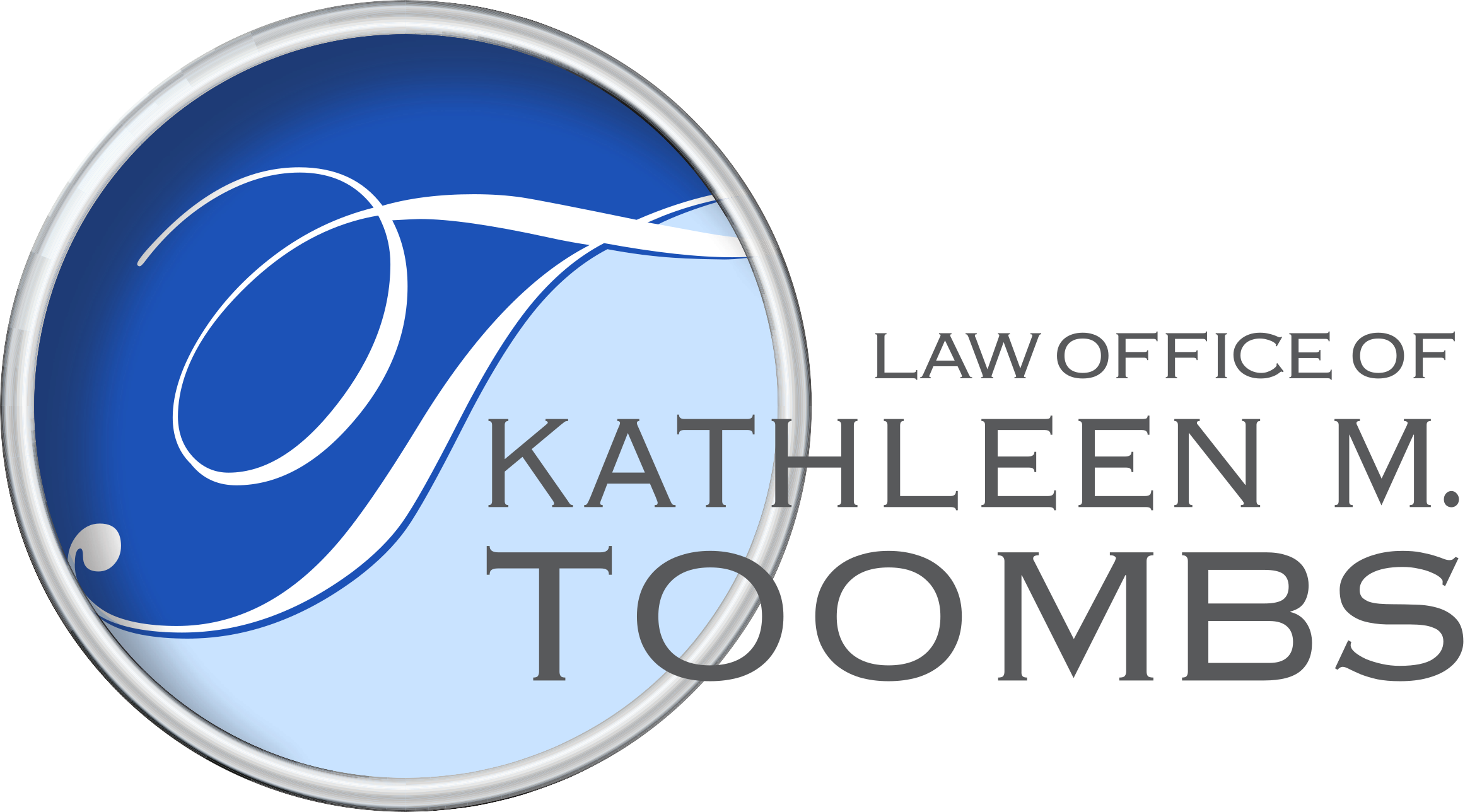Blogs
ARE PAY ON DEATH ACCOUNTS RIGHT FOR YOU?
A payable-on-death account, also called a POD account, is a common way to keep bank and investment accounts out of probate, the court-supervised process that oversees distributing a deceased person’s property. Most people want to avoid their estate going through probate because their heirs will receive the inheritance faster, privately, and at lower cost.
Is a POD account an appropriate solution for your needs? Let’s examine what POD accounts do and how they fit into the overall picture.
POD Accounts: The Nuts and Bolts
A POD designation can be set up for savings, checking, certificates of deposit, U.S. savings bonds, and investment accounts. Upon the death of the account holder, the funds in the account pass directly to the named beneficiary.
Setting up a POD account is usually very easy. Typically, there’s a form you have to complete and sign to select your beneficiary or beneficiaries. Additionally, you can change beneficiaries whenever you like or name several beneficiaries (allowing them to split the money).
After the death of the POD account holder, the beneficiary can claim the money in a fairly simple process. Often, the beneficiary will need to show ID, provide a copy of the death certificate, and complete some forms provided by the financial institution.
Some Pros and Cons
So, POD sounds great because they are easy. But, there can be significant problems using this as the primary tool for passing along what you’ve worked to build.
What if a beneficiary predeceases you? If you do not name new ones before you die, then your estate is back to probate, thus negating the primary advantage of establishing the POD account in the first place!
What if the beneficiary is in the middle of a bankruptcy, divorce, or lawsuit? Because a POD account transfers the money to the beneficiary without any protection, your beneficiary may lose his or her entire inheritance simply because the death of the POD account owner occurred at the “wrong” time.
What if you are in a car crash and rendered legally incapacitated and unable to make decisions? The named beneficiary cannot access funds to provide for your needs. POD accounts only function at death.
Finally, these accounts provide no asset protection in the event of your incapacitation.
Trusts: A Comprehensive Solution
Here’s a comprehensive solution: establish a living trust to hold your accounts. Just like a POD account, a funded trust avoids probate and is private. But, unlike a POD account, it can incorporate alternate beneficiaries, so your assets avoid court even if someone predeceases you. You can also provide long-term asset protection for your beneficiaries, protecting them against lawsuits, judgments, divorce, and bankruptcy courts. If you become incapacitated due to an accident or illness, the successor trustee will control the assets in your trust in accordance with your wishes. Trusts provide all the benefits and peace of mind of a POD account without any of the downsides.
Remember: Estate Planning Tools are Context Dependent
Selecting appropriate planning tools can be tricky. We’re here to help find the right tool for your situation.
Law Office of Kathleen M. Toombs, PLLC
Recent Posts
Contact Us


